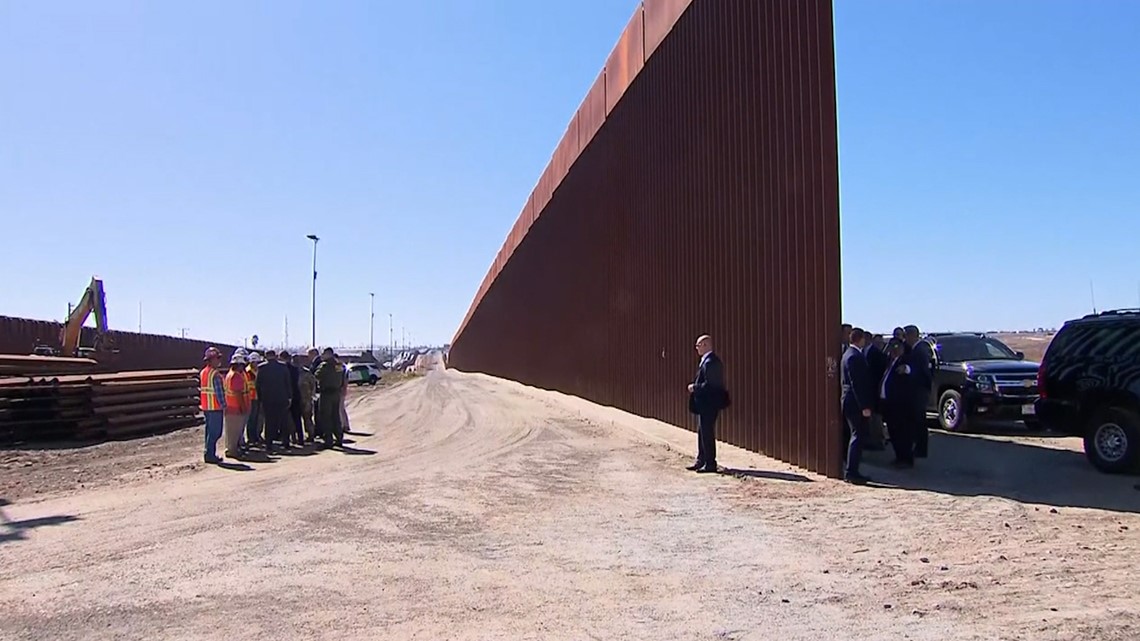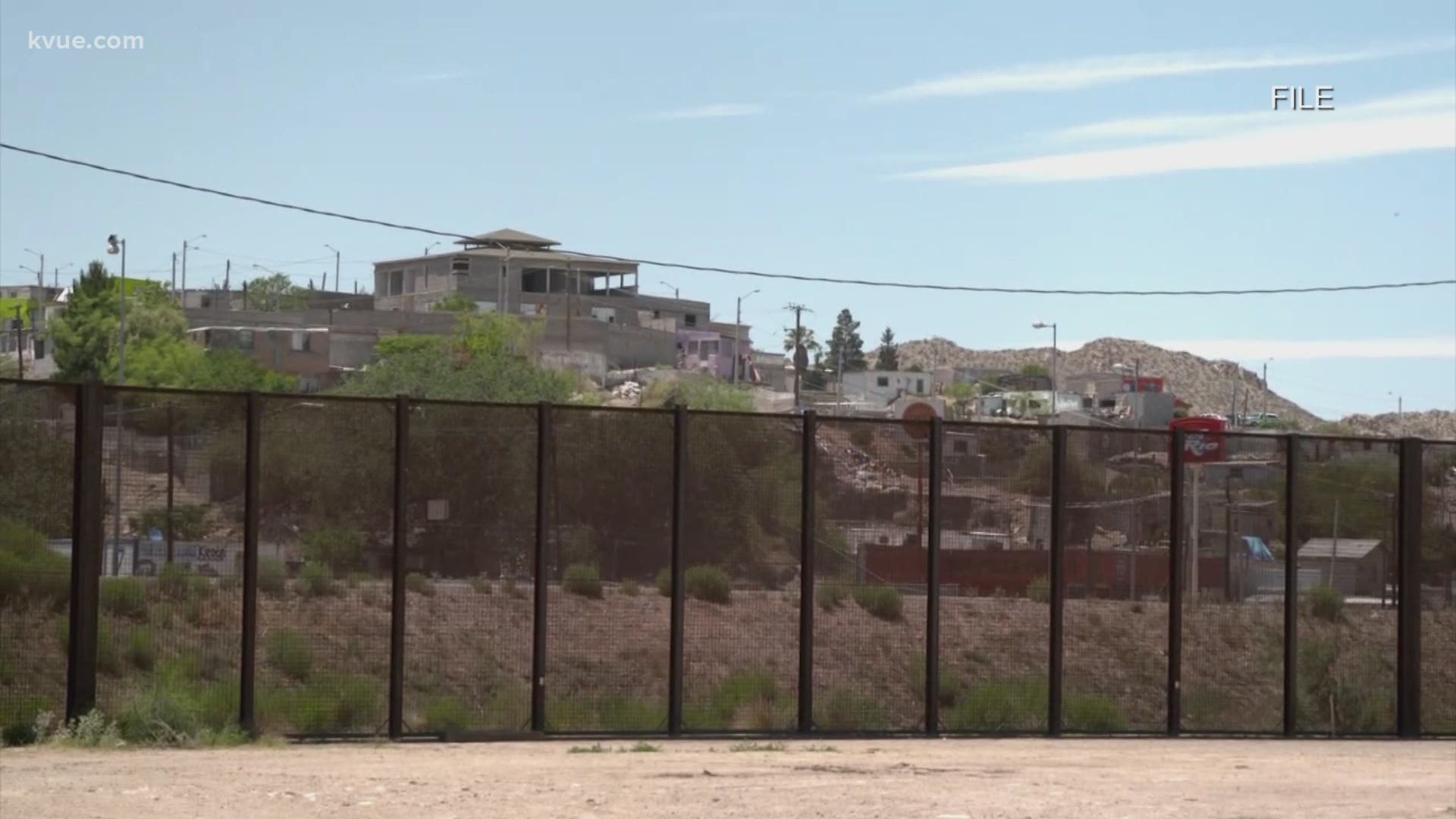AUSTIN, Texas — The same day he took the oath of office, President Joe Biden signed several executive orders, some having to do with immigration and several working to roll back some of the Trump administration's executive orders.
"The main things he's doing with executive orders right now are the ones where you can roll back quite easily, just ending things that Trump is doing," said Ruth Wasem, a professor of public policy practice at the University of Texas at Austin.
Wasem has a long resume of experience, including spending more than 25 years with the Library of Congress's Congressional Research Service. She's also testified before the U.S. Congress on things like asylum policy, immigration, human rights and unauthorized migration.
She spoke to KVUE Wednesday night about her first take on President Biden's orders related to immigration.


Notable executive orders on immigration
For starters, President Biden is halting construction on former President Donald Trump's wall on the U.S.-Mexico border to review how the money spent on construction could be redirected, according to the Associated Press.
"He's ending the national emergency declaration that was used to divert money to build the border wall. Again, something that pertains directly to Texas because that always was on our land," Wasem said.
She added that another key area of immigration President Biden's orders tackle includes preserving the Deferred Action for Childhood Arrivals (DACA).
Former President Trump ordered an end to DACA in 2017, according to the AP. A legal battle ended last summer, keeping DACA in place, though it still faces opposition through legal challenges.
Wasem said another key order from President Biden is the one that reverses a Trump administration plan that excludes people who are in the country illegally from being counted in the 2020 Census.
"It has an effect on the distribution of federal funds. It has an effect on the distribution of congressional seats. So, yes, Texas has an advantage if these individuals are counted," Wasem said.
Other orders signed by President Biden include ending a travel ban from several mostly Muslim countries and revoking one of his predecessor's first executive orders, which declared that all of the roughly 11 million people in the country illegally are considered priorities for deportation.
A plan and path to citizenship
President Biden is also expected to propose a massive immigration bill to Congress, which is expected to, among other things, provide an eight-year path to citizenship for an estimated 11 million people living in the U.S. without legal status.
"And that is, indeed, as far as I can tell, the first for any U.S. president to do. And we've known that President George W. Bush and President Barack Obama had put immigration reform as important issues for them. But neither of them had this as the first thing out of the gate when they became president. So, this legislation – which will be a major endeavor, if it's enacted – it's an important symbol that President Biden is sending. And it's also a sign of some of his priorities," Wasem said. "I think it's a good starting point on immigration reform. And he – it's not just a legalization program, there are other provisions in the bill."
Victoria DeFrancesco Soto, the assistant dean for civic engagement at the University of Texas at Austin, took part in a roundtable hosted by UT's LBJ School of Public Affairs and mentioned President Biden's immigration reform plan when speaking.
"I'm crystal balling here, so I'm going to put it out there. I don't think we're going to see a comprehensive immigration reform. But what I do think is going to happen is we're going to see a lot of piecemeal action on immigration. There is the pressure on President Biden to do something about immigration, especially because of the last four years with Trump," DeFrancesco Soto said. "There's not the political capital to do a big comprehensive immigration reform, but I think there's a lot of creativity in terms of patching together executive orders, some smaller legislative efforts and working with states and localities their legislative agenda."
Wasem agreed that sweeping immigration reform may prove to be a tall task for President Biden.
"Over the long arc of the bill, the earliest some of these individuals would be eligible to apply for citizenship is eight years from the date the bill passed. Yes, that's a heavy lift. But the bill also has other things that have a broad base of support," Wasem said. "There are other provisions that would reduce the backlogs for family and employment-based immigrants that would ease up on a variety of those restrictions. Again, not a dramatic overhaul of the program, but very targeted changes. This will serve as a platform for Congress to reform immigration."
PEOPLE ARE ALSO READING:

